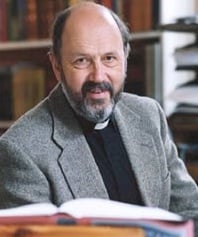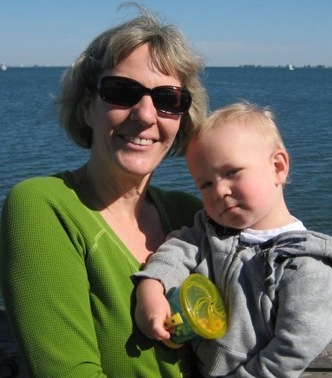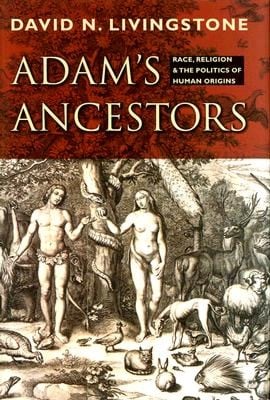Tom Wright’s newest book is about virtue ethics, about how we move from where we are through habituation so we can arrive at the goal. This is all found in After You Believe: Why Christian Character Matters
.
.
A development in this book that is not found at the same level is how he defines the goal. Readers of Wright know he has worked hard to eradicate the idea that we get saved so we can go to heaven when we die, and that heaven is a place for souls and spirits. Readers also know that his Jesus books pushed hard for an end of exile theme, and at the same against the all too common reading of the apocalyptic ideas of Jesus: they were not about Jesus’ return to earth as about his exaltation and vindication. Put this together and many of us have often wondered how Tom envisions what the kingdom will be like — and what our role will be in that future kingdom — and this book, and in particular chp 3, is about that theme.
What one term would you use for what we will do in the final kingdom? Do you think Tom’s terms cover the span of what we are to do?
What will we be? Priests and rulers. The major shift I see in Tom’s ideas in this book, and it is probably not so much a “shift” as the development of a theme he’s been working on, is that our goal (our telos) is aimed at being God’s priests and rulers in this world. Everything in our Christian life, then, has that as its aim.
The means to this is holiness and prayer, both found in Romans 8. The themes of priests and rulers is found elsewhere in the NT, in texts like 1 Peter 2:1-10, 1 Cor 6:1-5, 4:7-8 and 2 Timothy 2:8-13 as well as Matthew 19:28-30.
This is the most complete eschatology I’ve seen from Tom, and it puts a number of his other ideas into perspective.


